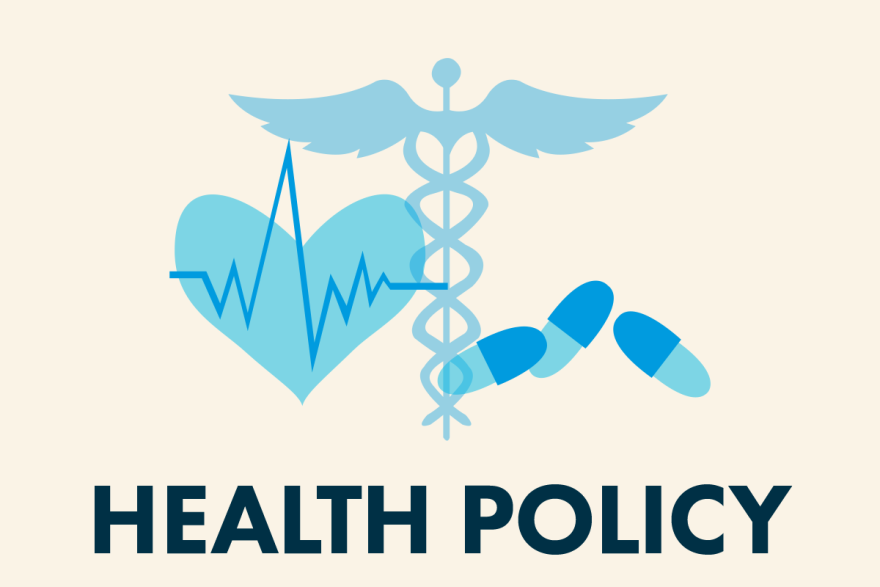Supporters and opponents alike are gearing up for a high-stakes battle over the future of the of the state’s Medicaid expansion to start in earnest next week — when Senate Republicans will formally present their plan for extending the program another five years.
A hearing on the latest version of the bill (which can be read here) is scheduled for Tuesday at 1:30 p.m.
If the program isn’t reauthorized by December, it could jeopardize health coverage for more than 50,000 people.
The Republican plan builds on the recommendations of a study commission, making several sweeping changes to the program: in who’s eligible for the program, how care is provided and how it’s all paid for.
The proposal extends expanded Medicaid for five years, implements work requirements as a condition of coverage for most patients, and moves to a managed care model, the same approach used for most of its traditional Medicaid population, in which the state contracts with outside companies to deliver coverage. In a managed care model, the companies involved often have a profit incentive to make patients’ care less expensive and more efficient.
Until now, perhaps the biggest question hanging over the program’s future is how to pay for it beyond the end of this year, when federal funding is set to decline. Under the Republicans’ proposal, the new plan is to ask the federal government to cover at least some of the program’s costs and to kick in additional revenue from state liquor profits. The program also relies on existing revenue from the state’s premium tax and high risk pool.
New Hampshire officials came into this round of Medicaid negotiations knowing they likely wouldn’t be able to replicate the current funding plan, which involves donations from state hospitals, because it was deemed potentially illegal by the federal government last year.
While the latest plan calls for the creation of a “trust fund” that’s authorized to accept gifts or donations that’s similar to the one called into question by federal authorities, Sen. Jeb Bradley said the source of that money — not the fund itself — was the real sticking point.
Bradley, a chief architect of the Medicaid reauthorization plan and a leading proponent of the program going back to its inception, said there’s no plan to rely on contributions from hospitals or other health providers this time around.
And beyond this larger shift in the program’s finances, Bradley said he also wanted to include incentives that cut back on costly ER visits, steering people instead toward walk-in clinics or urgent care where appropriate.
There are also other incentives built into the bill meant to encourage Medicaid expansion patients to “get the wellness type treatment that they need to embody health as opposed to healthcare crises.”
The public debate over the future of the state’s Medicaid expansion has been effectively on hold for the last few months while Senate Republicans workshopped their plan to re-up the program.
While a group of mostly Democrats introduced their own proposal to make expanded Medicaid permanent, the Republican proposal up for debate next week has been viewed as the most viable, given the political dynamics in both Concord and in Washington.
Crafting the Medicaid reauthorization plan has been a delicate balance because of shifting signals on what might pass muster with the federal government. Senate President Chuck Morse said he met with Washington officials to discuss the program in December, but even since then, “the guidance that’s come out of there has been guidance that has changed where we’re going with this, in very technical ways.”
Making the shift away from a marketplace-based plan means that New Hampshire could stand to lose hundreds of millions in federal funding.
With that in mind, Republicans behind this proposal say they’re trying to convince the federal government to kick in some funding for the program, likely in the form of a Medicaid waiver. While this in itself is a big gamble, they remain optimistic.
“Governor Sununu has done an unbelievable job of working to get the commitments from Washington,” Bradley said. “And we’re hopeful.”






